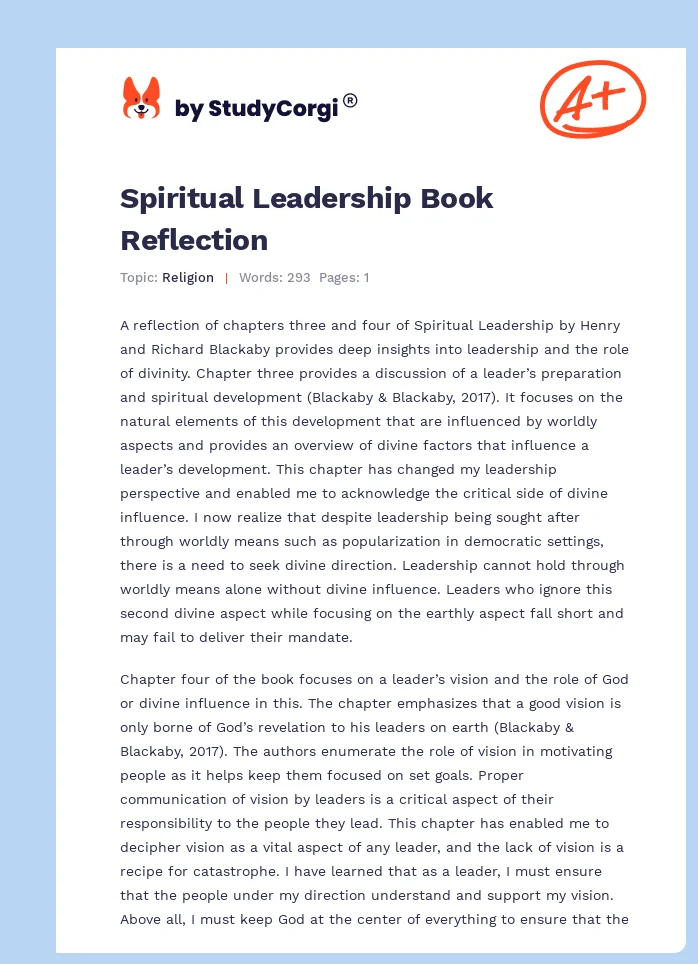In the multifaceted landscape of contemporary spirituality, the Bahá’í teachings emerge as a beacon of clarity and ethical profundity. This reflection on spiritual leadership, framed by the evocative metaphor of “screaming from the pulpit,” invites an exploration of the nuanced interplay between authority, humility, and the pursuit of truth within the Bahá’í context. By delving into the essential characteristics of spiritual leadership as outlined in Bahá’í teachings, this discourse aims to elucidate the transformative potential inherent in authentically embodying these attributes.
To commence, it is imperative to assess the significance of spiritual leadership within the Bahá’í framework. Unlike conventional paradigms that often equate leadership with dominance or coercion, Bahá’í spiritual leadership embodies a transformative ethos—one that fosters unity, promotes consultation, and prioritizes the collective welfare of humanity. This principled form of leadership transcends mere guidance; it seeks to construct a vibrant tapestry where individual contributions are harmonized towards uplifting the community.
At the heart of Bahá’í teachings lies the notion of service—a cornerstone of spiritual leadership. The metaphor of “screaming from the pulpit” serves to illustrate a compelling dichotomy: the potential for leaders to passionately proclaim spiritual truths while simultaneously embodying humility and receptiveness. Leaders who resort to rhetorical fervor isolated from authentic service risk alienating those they wish to inspire. Instead, Bahá’í spiritual leaders must engage with their communities through active listening and compassionate outreach, underscoring that true leadership emanates from a foundation of humility and a deep commitment to the collective good.
Moreover, Bahá’í teachings emphasize the importance of personal transformation in the journey of spiritual leadership. This transformation often demands an introspective examination of one’s motivations and aspirations. Rather than succumbing to the allure of ego or ambition, aspiring leaders are called to cultivate virtues such as integrity, justice, and compassion. By engaging in an ongoing process of self-reflection, leaders can fortify their capacity to serve authentically and effectively within their communities.
A paramount feature of effective Bahá’í leadership is the concept of consultation. This participative approach contrasts starkly with the traditional hierarchical model wherein decisions are dictated from the top down. In the act of “screaming from the pulpit,” one might envision a leader attempting to command attention and sway opinions through sheer force of voice, thereby neglecting the collective wisdom present in the community. Bahá’í leaders, in contrast, foster a spirit of inquiry wherein every voice holds intrinsic value. By nurturing an inclusive environment for dialogue, they facilitate a space for diverse perspectives to converge, ultimately enriching the decision-making process.
The interplay of spirituality and social justice is another integral aspect of Bahá’í leadership. A spiritual leader is not merely a purveyor of esoteric truths but an active agent of transformation within society. Bahá’í teachings exhort leaders to engage with pressing social issues, championing the principles of equality, justice, and the harmonious coexistence of diverse communities. This commitment necessitates a willingness to “scream” boldly against injustice while tempering one’s advocacy with compassion and empathy. The ability to articulate the principles of justice and equity gracefully, rather than through forceful pronouncements, can yield the most profound societal transformations.
Equally paramount is the vision of unity that Bahá’í teachings espouse. A leader’s role is profoundly interwoven with the vision of fostering global harmony and understanding. The metaphor of “screaming from the pulpit” can evoke images of discord and division; but, hold its transformative potential when redefined as a call for unity among all people. Such a leader embraces the understanding that our interconnectedness transcends superficial differences and recognizes the essential oneness of humanity. To this end, leading through inclusive dialogue—rather than divisive rhetoric—is crucial for spiritual leaders seeking to effectuate lasting change.
As one navigates the waters of spiritual leadership within the Bahá’í framework, the function of education emerges as another pivotal tenet. A spiritual leader is entrusted with the sacred responsibility of educating their community—not merely in the facilitation of knowledge but in the cultivation of spiritual consciousness. By “screaming from the pulpit” in ways that inspire inquiry and exploration, leaders can empower individuals to embark on their own spiritual journeys, thereby multiplying the influence of leadership beyond any singular voice.
Finally, the legacy of spiritual leadership in the Bahá’í context is characterized by an interconnected web of responsibility and accountability. Each leader embodies a mandate to inspire not only through their teachings but also through their actions and commitments. This underlying ethos of interconnectedness resonates through every fiber of Bahá’í teachings, urging leaders to recognize their roles as humble servants of the community. As such, a true spiritual leader, while imparting wisdom from their metaphorical pulpit, must also be vigilant in remaining grounded in service, integrity, and compassion.
In conclusion, the Bahá’í teachings on spiritual leadership provide a profound and multifaceted perspective on what it means to lead in a contemporary world fraught with challenges. The metaphor of “screaming from the pulpit” serves as a poignant reminder of the delicate balance required in articulating spiritual truths and embodying humility. It calls on leaders to navigate their roles with judiciousness and depth, embracing the tenets of service, consultation, social justice, unity, education, and accountability. In practicing these principles, they cultivate an environment ripe for spiritual and communal flourishing—enabling them to not merely shout, but rather to inspire the echoes of a vibrant and just society.
